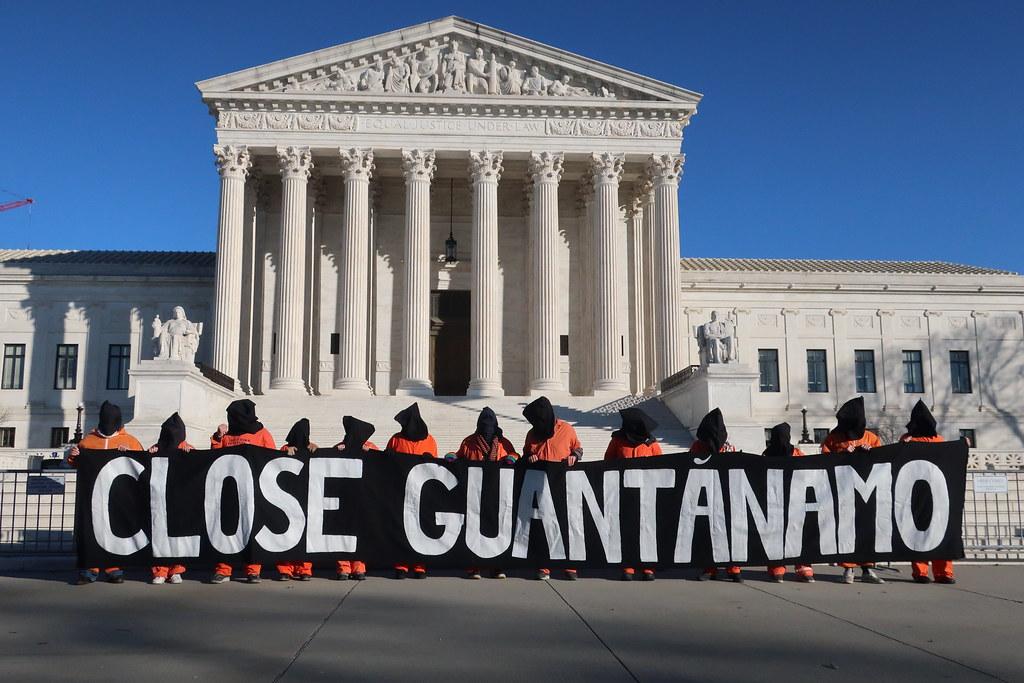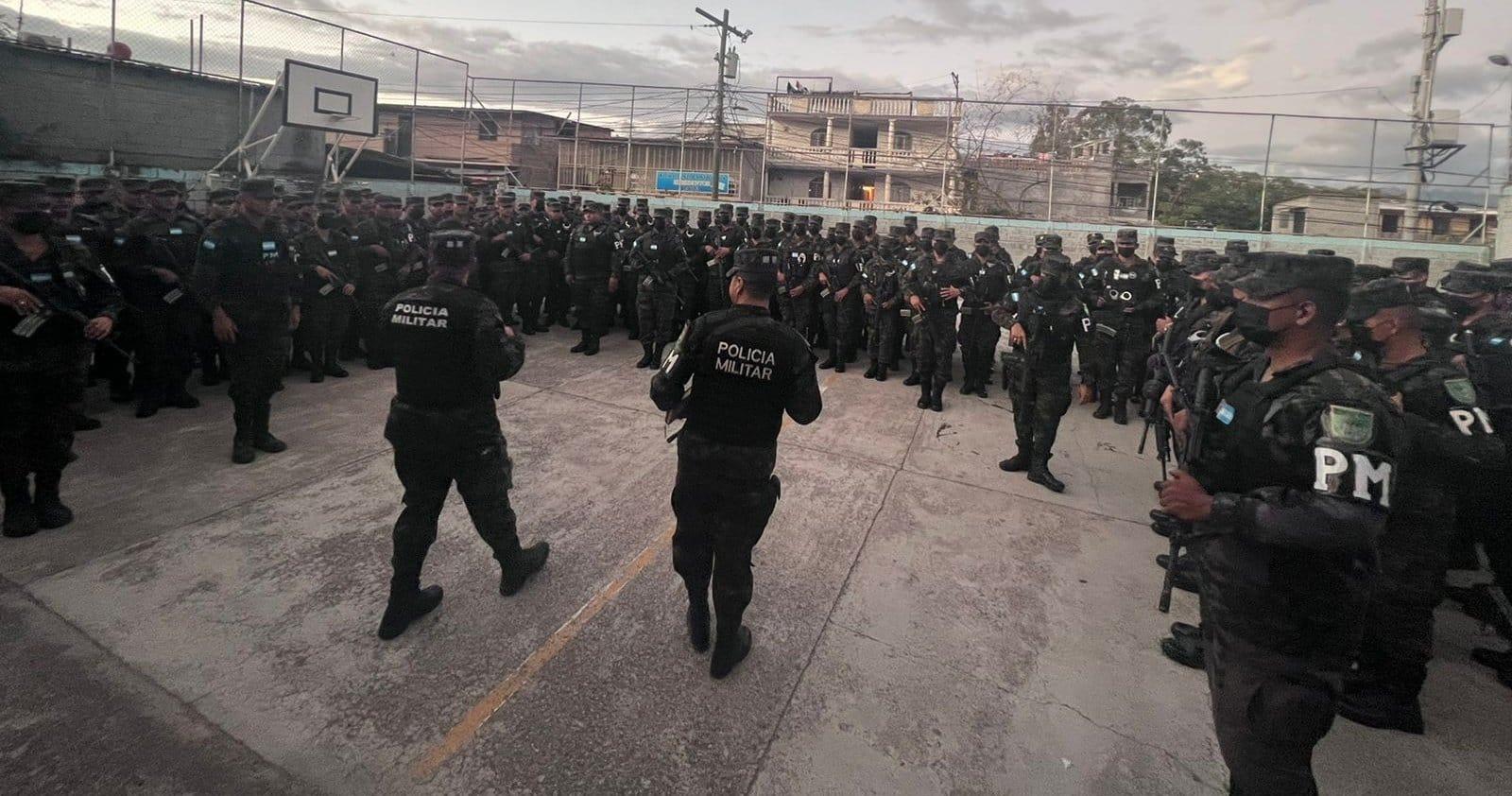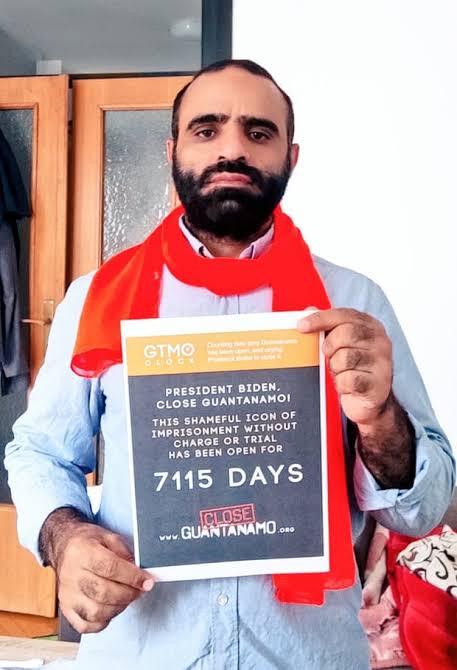For years the United States government's migration policies were deeply interconnected with its ideological struggle against "the Evils of Communism." This brought with it an unequal treatment of South and Central Americans, as well as Caribbean refugees fleeing war, violence and poverty. While the Cold War was splitting the world into two, the United States established an unofficial policy assessing the political and economic risks and benefits of the acceptance of refugees and assigning priorities based on the country of origin. Individuals fleeing socialist countries were granted asylum regularly, while those coming from friendly, capitalist countries were rejected. Irrespective of the often violent and tyrannic regimes supported by the United States, immigrants from these countries were classified as economic refugees and denied entrance in to the United States.
But over time the ideological strategy changed into a more repressive and rejecting approach towards all migration from South and Central American, and Caribbean countries. This is particularly visible in Joe Biden's extension of the xenophobic Title 42 to Cuban, Venezuelan, Haitian and Nicaraguan immigrants.
Restricted by all Title 42 regulations, these individuals now have to apply for protection status from their home countries, find financial sponsors and have access to air travel to enter the United States. For the four new countries the Biden Administration has set a limit of 30,000 people monthly, over a two year period.
The history of the treatment of immigrants coming from these countries gives insight into the United States' ideological approach, deeming them as victims of communism, while often being responsible for the circumstances driving the migration itself.
Following the Cuban Revolution and the failed invasion at the Bay of Pigs in 1961, the United States established an embargo blocking all foreign aid to the island, as well as banning the import of Cuban goods into the United States and any exports going to Cuba. But the attempt to starve the island into submission and erupt protests against the government failed and the country was able to stand against this attack on civil society. Nevertheless, many victims of this economic warfare were driven to leave their homes and leave Cuba. For many years the United States welcomed these "Victims of Communism." But with the Mariel Boatlift of 1980, Cuban mass migration and the "Haiti Refugee Crisis," the mentality towards these groups changed with President Reagen using the War on Drugs to deem refugees as a criminal threat. This marked the kickoff of the still ongoing militarization of the U.S.-Mexican border. Even though the United States still considers Cuba a hostile nation, the political and economic interests shifted.
For Nicaraguan refugees the story is in many contexts similar to that of the Cubans. In the 1980s the United States aided the creation of the Contra paramilitary as an effort to undermine the left-wing FSLN (Sandinista) government. In the United States, Nicaraguans fleeing the violence and destruction of the Nicaraguan revolution and later the civil war between the US-backed Contra and the FSLN were labeled victims of socialism and welcomed in larger numbers than refugees coming from other countries. With the new restriction, this procedure has changed.
Instead of an ideologically driven migration narrative, today's policies are focusing on the accumulation of profit. The prison industrial complex uses the ongoing criminalization of lower-class PoC-communities to gain profits. In the Detention-Industrial Complex, for-profit prison corporations are moving in, building holding facilities, fences and other border security infrastructure as well as maintaining and running them. Motor and arms companies provide the tools border defense forces use to harass, assault and arrest peaceful refugees seeking a safe and stable life.
The further criminalization of immigrants and militarization of the border sheds a light on the United States' expanding profit-over-people approach to immigration.






